I’m entering menopause and am wondering if anyone can share best practices or what was helpful for them while running during menopause.
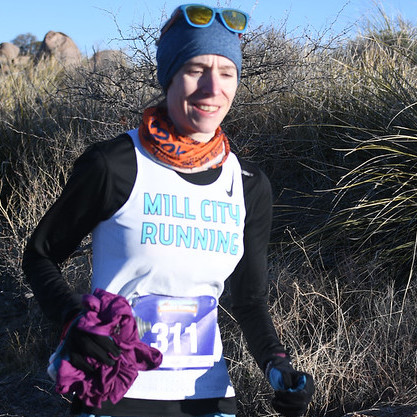
Madeline Harms: Although I have not personally gone through menopause yet, my knowledge comes from coach training and talking to women who have. Everyone’s experience of menopause is highly individual. We do know that hormones like estrogen play a role in response to training, energy levels, recovery, and hydration needs, so many women notice changes in these areas. Some people benefit from hormone replacement therapy, others do not. I recommend talking to your doctor and advocating for yourself, learning all you can, and seeking second opinions if needed!
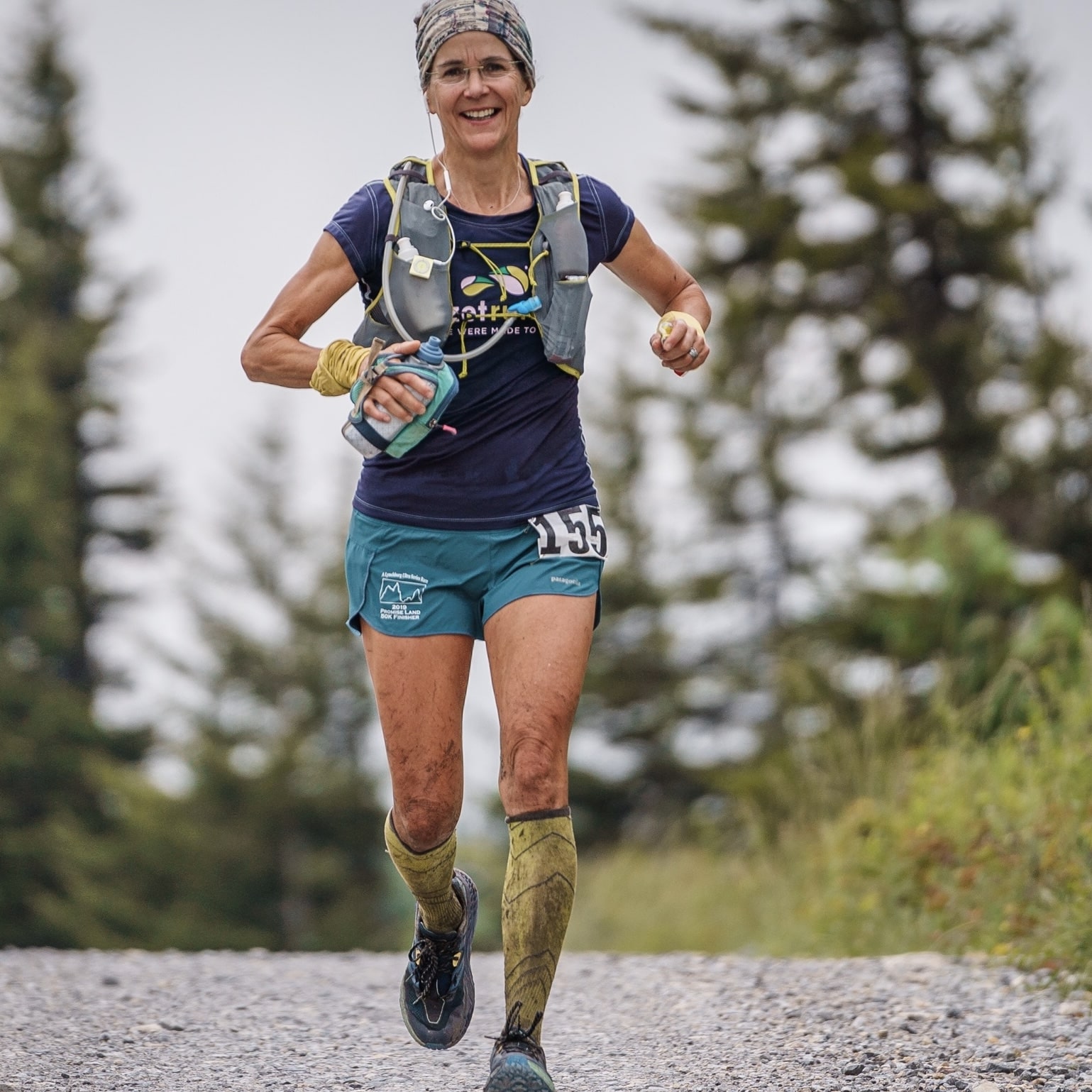
Sophie Speidel: I wrote a piece for Trail Sisters, “Running Your Best After Menopause” that might be helpful. Anything written by Dr. Stacy Sims is also first-rate information. Menopause can impact people in different ways, and fortunately there is more information on how to navigate this change than ever before.
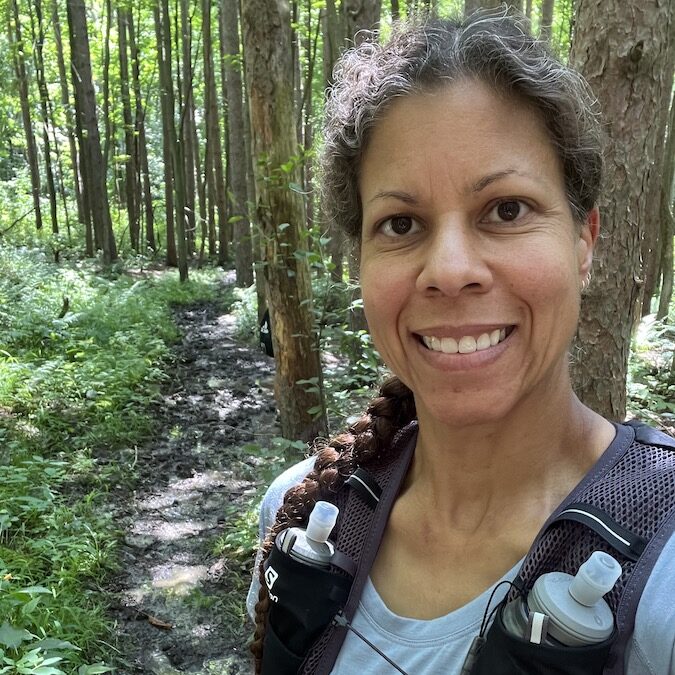
Kuwanna Dyer-Pietras: I believe I am just entering perimenopause myself, so perhaps there are others on the panel who may comment in more detail. Regarding my own approach, I have always run by intuition and by feel, and I sometimes make adjustments to my workouts mid-run based on how I am feeling. I think that we should always be listening to our bodies but especially during menopause, we need to recognize that we are no longer running in 20-year-old bodies, and we need to give our bodies and ourselves permission and space to run as we are going to run right now…not 30 years ago. It’s okay if we’re not as fast as we once were. What’s most important is that we stay in the game. Remember to always find that joy in running and don’t hesitate to make adjustments to keep it joyful. I do believe that getting a full night of sleep and following a whole foods plant-based diet are also helping me feel my best, so consider how well you are sleeping and whether you are refueling with fresh fruits, vegetables, legumes, and whole grains.
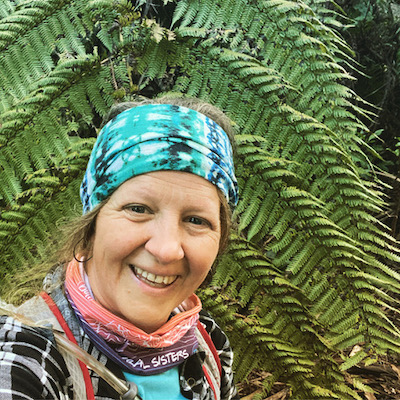
Amanda Roe: My first recommendation is to open your mind to new and different ways your body may be telling you it needs to move in order to balance the demands of trail running. One of the things we know about fluctuating hormones in perimenopause is that tissue repair can take a big hit, which means overuse injuries become a lot more common, even with less stimulation. Take time to understand your new response to activity and the needs you may have for rest and nourishment that are different. It really pays to be open-minded and patient.
Ask around, I know that swimming and focusing on heavier weights with lower reps were both game changers for me. I also recently started a small amount of MHT, which knocked my day-to-day muscle and joint pain levels down tremendously. It’s tricky when we do sports that involve a rotating amount of pain—I just thought it was my new normal. It was not. Not everyone needs or can use hormones, but it’s worth talking with a doctor or nurse practitioner who can help evaluate your risk vs. benefits if you are struggling. The biggest thing is to have compassion for yourself, and try (I know it’s hard) not to compare yourself to your younger self or other people. I’m finding perimenopause to ultimately be the most amazing gift of insight, inspiration, and self-compassion. If you play your cards right and keep working with the fine-tuning, I think you’ll find that you can transition your running alongside perimenopause and gain some new jewels along the way.

Krissy Moehl: I’m digging into physical, emotional and medical resources as I too am facing the menopause shift head on. Perimenopause, the years preceding, vary for everyone, in my personal experience they’ve been challenging, even brutal. I’ve learned this shift can take 5-12 years and the whole body works through many adaptations as we adjust to the reduction in hormones. Menopause (once we’ve not cycled/bled for 12 consecutive months) is not just the loss of our monthly period, it impacts our brain, heart, bone density and all tissues. The good news is that this time is also an amazing teacher and reveals us to ourselves, when we listen.
As it pertains to running three things I’ve noticed are:
- I need more recovery and quiet time than what I grew accustomed to training & racing for the entirety of my 20s and 30s. Tough mental shift but it pays off when I listen.
- I fair way better (less injury, feel solid & stable in my body) when I lift heavy things at least two times a week (intentional weight training).
- And nutritionally I lean much heavier into the protein category than carbohydrates like I used to. Dietician Andrew Dole recommended 120grams per day which felt like a lot, but when I consume that quantity I feel, run & recover better.
There are a bunch of aspects of this I’d love to dive into more and will in a different space. In the meantime I also recommend finding a friend or five and possibly a coach, to help witness you through this transition. Our Trail Sisters make the world of difference in all of life’s ongoings and the menopause transition is better survived in company.
To give you a next step, a few great resources I’ve found and continue to refer to are:
- Book- Next Level by Dr Stacy Sims
- [M]Factor Documentary
- The Red School
- – their book Wise Power
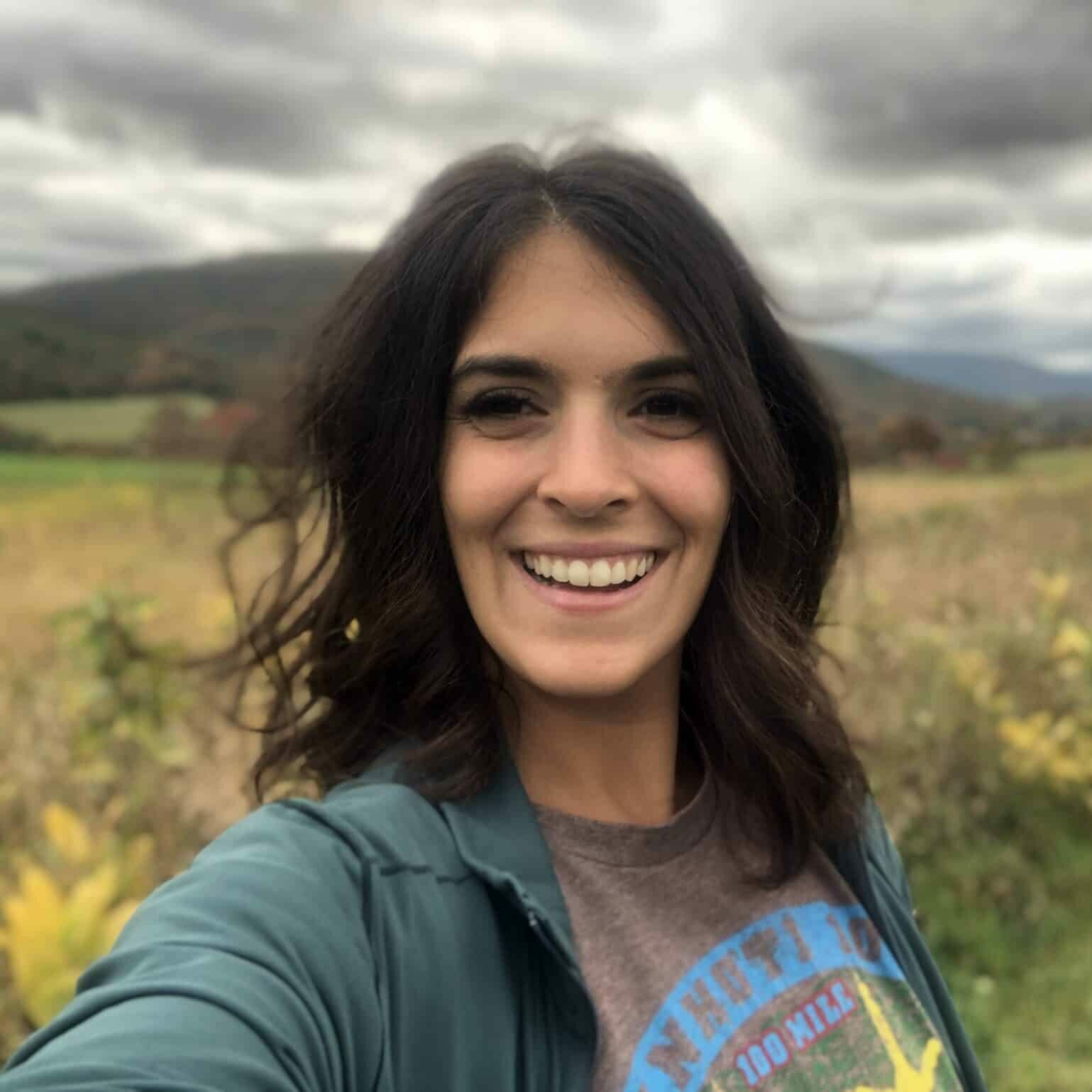
Kristi Confortin: I haven’t entered this stage of life yet although I do appreciate all the sisters that share their stories of menopause in the Trail Sisters journal. These womxn have shared openly and boldly about what they have experienced during menopause. Their articles are a great resource that provide tips for what has helped them get through their runs, as well as day to day activities.
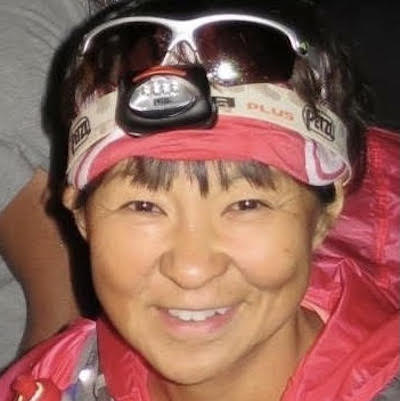
Junko Kazukawa: Being active, and having running and exercising as a daily routine can be very helpful. Strength training helps bone density, muscle and joint strength, and also mode swing/mental health. Paying attention to a healthy balanced diet (protein, vitamins and minerals) is helpful as well.
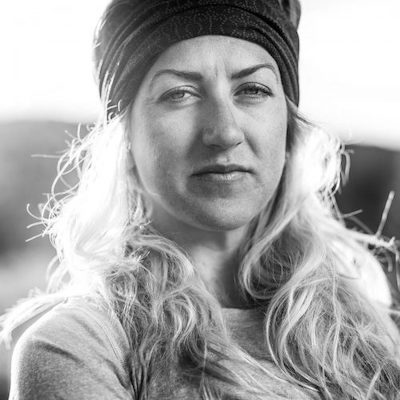
Katie Grossman: Peri here. I’m in my 40s and my cycle has shortened and become more erratic, heavy, and painful. The hardest symptom for me to navigate is the extreme fatigue I usually get for a few days every cycle. Long term tracking of my symptoms has really helped me get a grip on my expectations and not beat myself up so much for being tired or unable to get it together. Knowing to expect 1-2 days of fatigue helps me plan my training around it – shorter, easy runs or cross-training and light lifting are fine. Probably not the best days to nail a workout or a more strenuous long run. I enjoy running a lot more when I just roll with my changing body instead of fighting it!



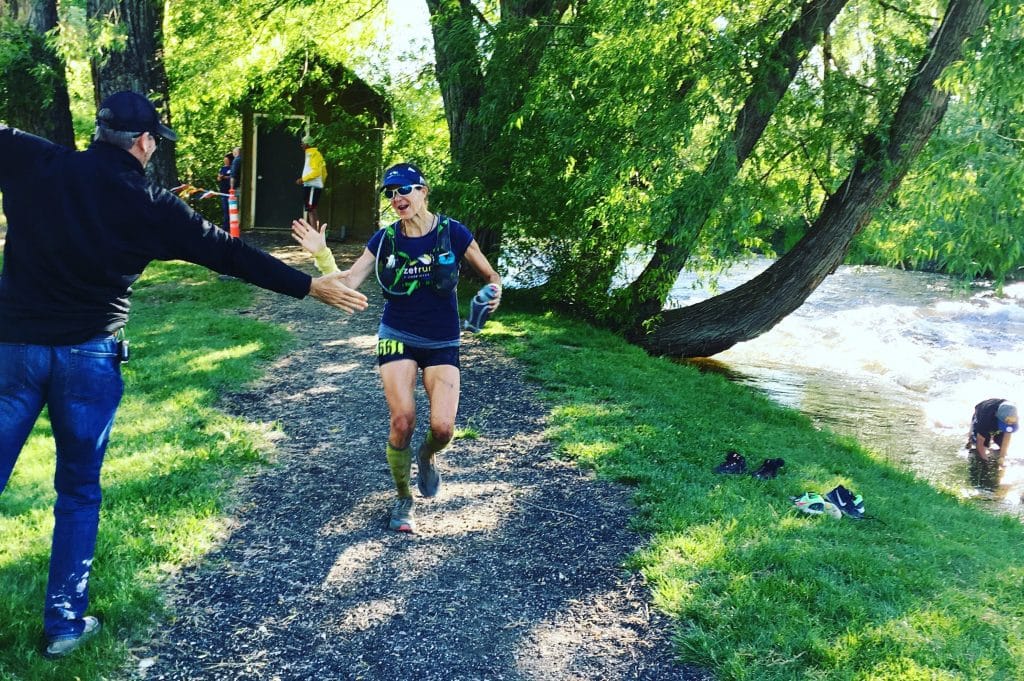
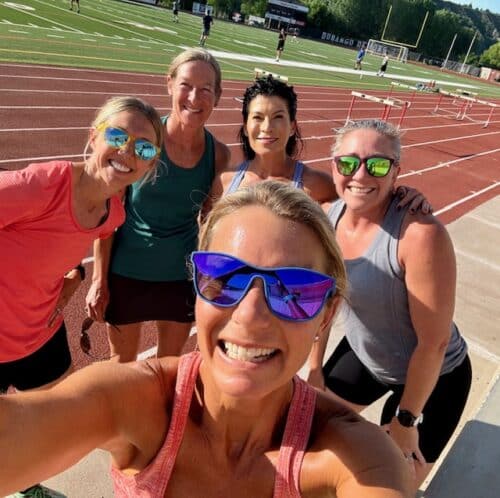
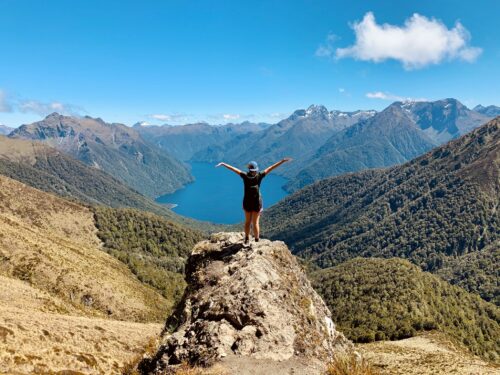


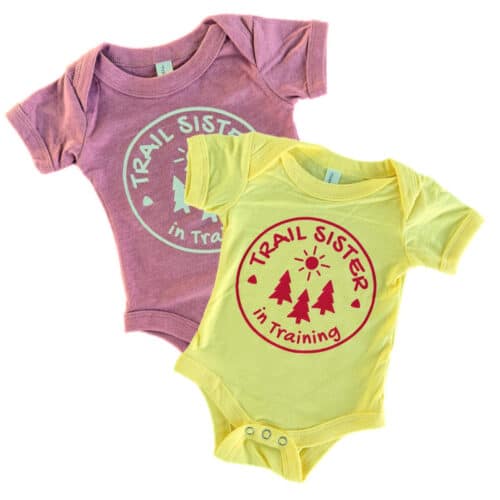
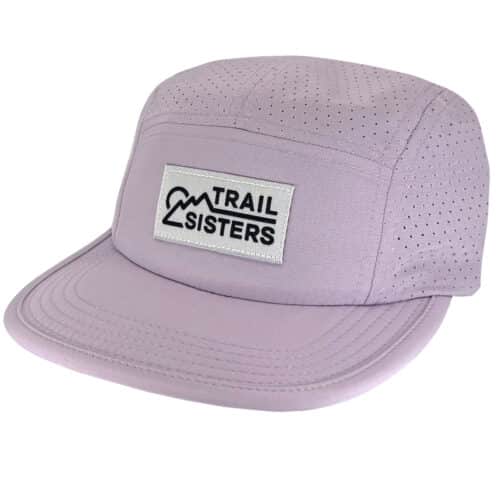
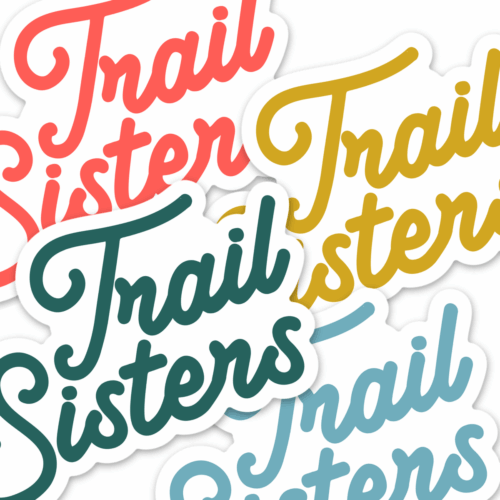
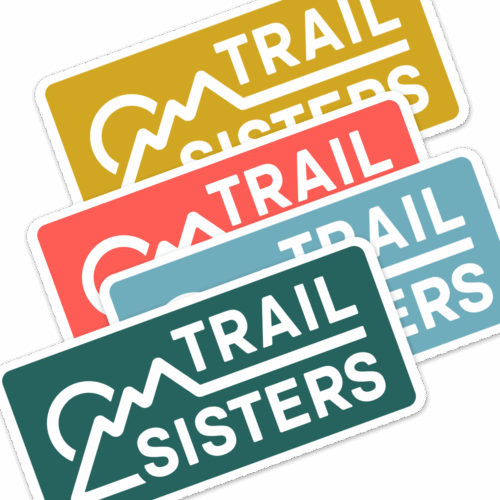
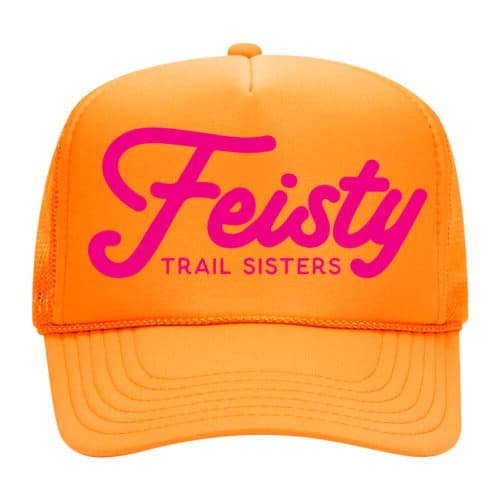
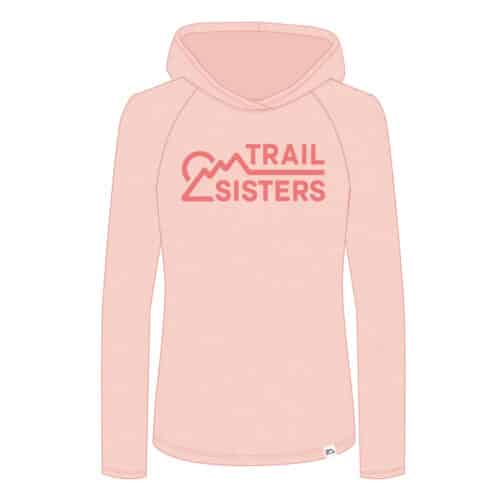


One Response
Two years ago, I started a medically supervised ketogenic diet for bipolar disorder.
It worked amazingly well, but I didn’t expect it would also eradicate my perimenopausal hot flashes and night sweats!
I lost all my sugar cravings and lost the belly I had developed almost overnight from perimenopause!
Since then, I’ve navigated well through this time of my life.
Vegan keto does not cure anything and I still take medication for bipolar disorder, but it has been a life-changing modality for me.